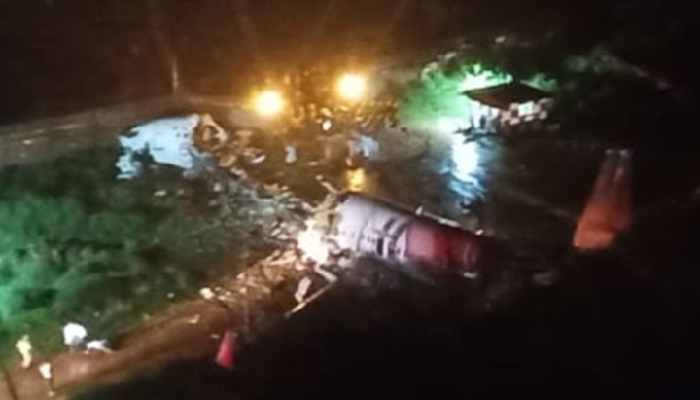New Delhi, May 5: The Congress today accused Prime Minister Narendra Modi of "insulting" Bengaluru and the people of Karnataka by calling it a "valley of sins" and demanded his apology for his "deplorable" remarks.
Congress chief Rahul Gandhi described Bengaluru as the garden city and the pride of India and said calling it a "garbage city" is "insulting".
"Building lies comes naturally to you, but you seem to find building cities very difficult. The data nails your lies," he said on Twitter, targeting the prime minister.
"Cosmopolitan, innovative and historic, beautiful Bengaluru, India’s pride, is the world’s most dynamic city!," he said in another tweet, adding that his government is committed to investing Rs 1 lakh crore to further develop Bengaluru and other cities in Karnataka.
Congress spokesperson Abhishek Singhvi said that as the Karnataka assembly election approaches, "the fears, frustration and follies of the BJP grow due to its impending defeat and this is reflected in the idioms and the language used by its leaders including the prime minister".
He also accused Modi of spreading "divisiveness" in the poll-bound state and alleged that such language was being used to divert the public attention from key issues such as the Cauvery water dispute, the dilution of the Scheduled Caste and Scheduled Tribe (Prevention of Atrocities) Act, joblessness and declining economy.
Singhvi said the prime minister failed to be the custodian of federal cooperation and maintain equilibrium between Karnataka and Tamil Nadu in the Cauvery river water-sharing dispute.
"You accuse Bengaluru, the Kannadiga of being a ‘valley of sin'. I think it is shameful and I think the country needs an apology which I am sure we will never get from the prime minister," he told reporters.
"As you see the heat mounting up on this campaign, you find the defamatory, the criminally culpable statements coming, deliberately inflaming and inciting communal passions, deliberately polarising communities, religious and groups and comprising blatant falsehood," he alleged.
The Congress leader said the country's prime minister lacked his grasp of the country's history as was evident from his yesterday's "false and superficial" statements on Field Marshal K C Cariappa and General K S Thimayya.
"The prime minister in his insatiable urge bordering on greed to attack the Congress party actually ended up insulting comprehensively the people of Karnataka, insulting each and every one of its entrepreneurs, insulting each and one of its IT technologists and labelling Bengaluru as the ‘valley of sin' from the Silicon Valley," he said.
"This is SIN - a ‘Special Insult. ‘S' for special and IN for insult which the prime minister of the country has heaped upon Bengaluru and the people of Karnataka," he said.
Describing Bengaluru as a birthplace of IT giants, a technological hub, a start-up hub, he said, "The prime minister has ignored the ‘S' for superior, the ‘I' for Information Technology and ‘N' for Novelty and calls it ‘SIN'."
He said, "The prime minister ignores the ‘S' for Super Highway which Bengaluru and its IT industry are and ignores the ‘I' for IT and the ‘N' for Network. He only finds 'SIN' and that is "deplorable" as he is unable to create jobs and stop farmer suicides, and instead accuse Bengaluru, the ‘Kannadiga' of being a ‘Valley of Sin'."
"The higher the divisiveness factor, the higher goes the BJP's decibel. Their decibel is linked to divisiveness. Why it is - to digress and draw the attention of the people of Bengaluru and Karnataka away from their failures in one day yesterday," he alleged.
In a full-scale attack on the Siddaramaiah government in Karnataka on city-related issues, Prime Minister Narendra Modi yesterday accused it of having turned Bengaluru into a "garbage city and valley of sin" from "Silicon Valley."







Comments
All the perfumes in Arabia cannot wash away the sins Modi alone has committed.
People of Karnataka will give him a fitting reply by voting for Congress!
Add new comment